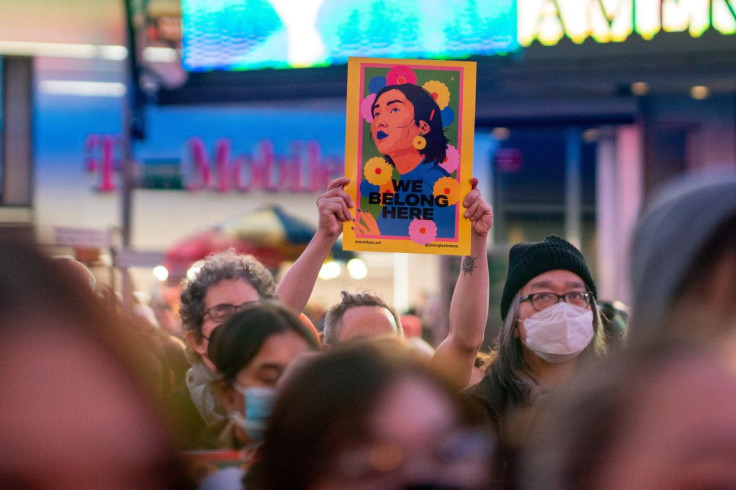Does The Economy Work For Women? Those 50 And Older Aren't So Sure
A recent survey has found that women over 50 are split when it comes to whether or not the economy is working for them amid cost of living increases from both the COVID-19 pandemic and the Russian invasion of Ukraine.
The survey, “She’s the Difference: Survey of Liley Voters Age 50 and Older,” conducted by AARP, revealed that while the economy was a top concern for women age 50 and up, they were split otherwise. The poll was conducted from Feb. 18 to March 3, with 1,836 likely voters surveyed by both Republican and Democrat pollsters.
“It’s all about the rising cost of living,” said Celinda Lake, a Democratic pollster. “That’s particularly salient for these older women, who are concerned about keeping up with the basics and making ends meet.”
48% of women from the survey responded that they felt the economy was “working well for them,” while 52% said the economy was not.
The rising cost of living was the top issue for women in most demographics, with the exception of Black women. The majority, 45% listed racism as their top issue, followed closely by cost of living (42%).
Lake called it “kitchen table economics.”
“Every day, they [women over 50] are confronted with higher prices for almost everything they’re buying. This is their real-life experience every moment of every day,” she said.
While these 50+ women may be split on whether the economy works for them or not, only 13% said they expected their overall economic situation to improve next year. 39% said they expected their economic situation to get worse and 47% expected their situation to remain the same.
These same women were also not happy with how politicians have handled rising prices, 43% have elected officials an F grade and 40% gave them a D for how they are handling the meteoric rise in prices, which is happening as wages remain stagnant.
38% also gave politicians a failing grade when it came to solving the wage gap, while 33% gave them a D. Overall, elected officials often received low grades in the survey, demonstrating a “pretty serious level of alienation,” Lake said, which she also noted was “surprising.”
In terms of COVID-19’s impact, “the way it’s most present in their daily lives are the economic disruptions that are still persisting,” said Republican pollster Kristen Soltis Anderson.

© Copyright IBTimes 2025. All rights reserved.






















